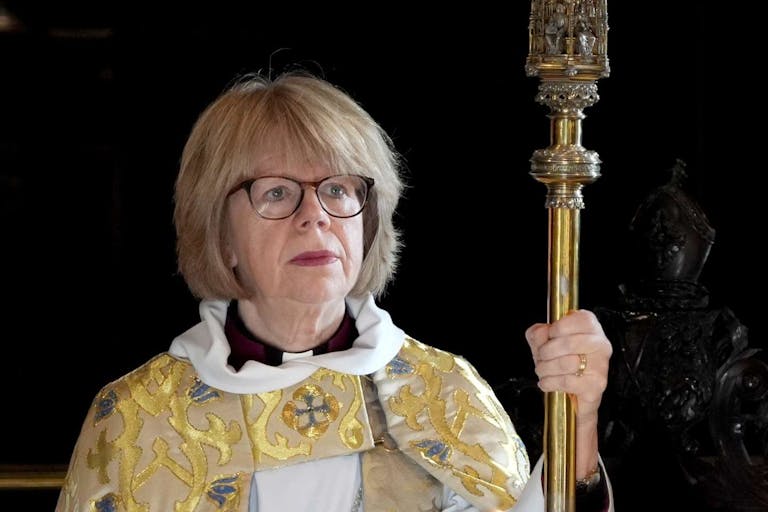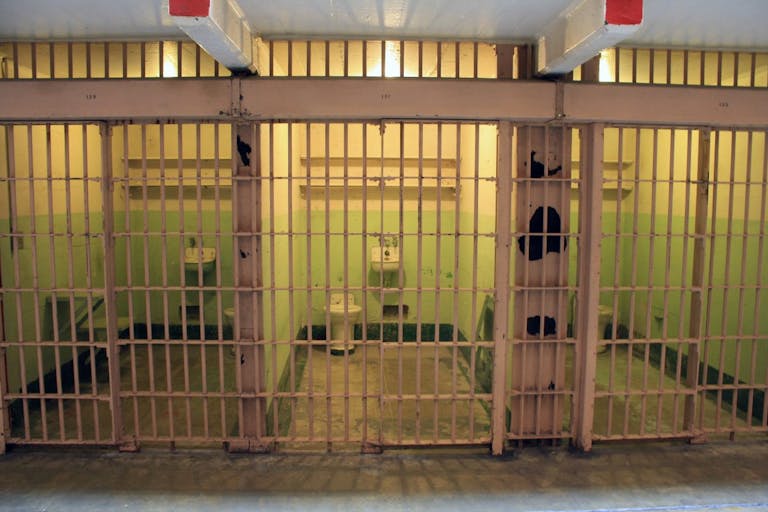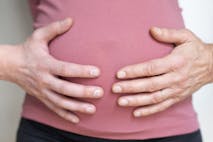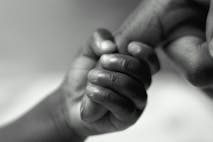
New Archbishop of Canterbury warns of danger in legalizing assisted suicide
Nancy Flanders
·
Belgian prisoners suffering from depression and abuse request euthanasia
In Belgium, 23 prisoners have requested euthanasia. The information comes from article by Jan Lippens who found that the 23 requests were made between 2011 and 2017. Ironically, Belgium outlawed capital punishment decades ago, and these euthanasia requests are seen by some as a covert and coercive form of the death penalty.
Of the 23 requests, only two were made by prisoners who were considered terminally ill. The other 21 came from prisoners who experienced hopelessness, a loss of meaning, and despair. There is no information about how many of these requests ended in death.
Lippens interviewed researcher Caroline Devynck, who contacted 17 of the prisoners who made euthanasia requests as part of her doctoral work. Devynck found that most of the requests were made by prisoners who were serving long sentences for violent crimes or sexual offenses.
She explained, “With seventeen people who I followed intensively, the question was: what remains of me in life? Some do not stand a chance for penitentiary leave, release on probation or conditional release. After years they come to the conclusion: this is it, my life. They no longer have any perspective, their lives have been reduced to the daily walk and watching TV. They become increasingly isolated.”
READ: Study: Assisted suicide can be painful, prolonged and inhumane
Devynck added, “The longer people are in prison, the more contacts outside the prison will disappear. Family, friends or acquaintances no longer visit, break all contact or are death [sic].” Devynck’s analysis of prisoner’s reasons for requesting to die were confirmed by a moving example of one prisoner who changed his mind. Devynck said, “One younger man withdrew his application during my research because he suddenly got another spark of hope from the outside world. I was happy about that.”
In response to these findings, Alex Schadenberg of the international group the Euthanasia Prevention Coalition observed, “The same reality exists for other people in society who request euthanasia. The person may have a significant medical condition, but the person has lost hope or feel that they have no reason to live, they do not want to be a burden on others, or they feel emotionally or psychologically distressed by their life condition.” Indeed, studies of the reasons people request assisted suicide have found that they were largely not motivated by pain or physical suffering but by a lack of community support, feelings of hopelessness, and depression.
Disturbingly, 90 percent of the Belgian prisoners requesting euthanasia had been sexually or psychologically abused, contributing, Devynck said, to their warped self-image and seeing their situations as hopeless. Devynck pointed to the failure of legalized assisted suicide to address these circumstances and pointed out that “the gap” between addressing mental health and allowing assisted suicide is not limited to prison. She said, “The gap is in the whole society because care and therapy for those who suffer psychologically is not accessible to everyone. In the context of the prison, that gap is only much clearer.”
“Like” Live Action News on Facebook for more pro-life news and commentary!
Live Action News is pro-life news and commentary from a pro-life perspective.
Contact editor@liveaction.org for questions, corrections, or if you are seeking permission to reprint any Live Action News content.
Guest Articles: To submit a guest article to Live Action News, email editor@liveaction.org with an attached Word document of 800-1000 words. Please also attach any photos relevant to your submission if applicable. If your submission is accepted for publication, you will be notified within three weeks. Guest articles are not compensated (see our Open License Agreement). Thank you for your interest in Live Action News!

Nancy Flanders
·
Politics
Nancy Flanders
·
Human Rights
Angeline Tan
·
Human Rights
Bridget Sielicki
·
Human Rights
Carole Novielli
·
International
Angeline Tan
·
Analysis
Anna Reynolds
·
Analysis
Anna Reynolds
·
Analysis
Anna Reynolds
·
Analysis
Anna Reynolds
·
Politics
Anna Reynolds
·